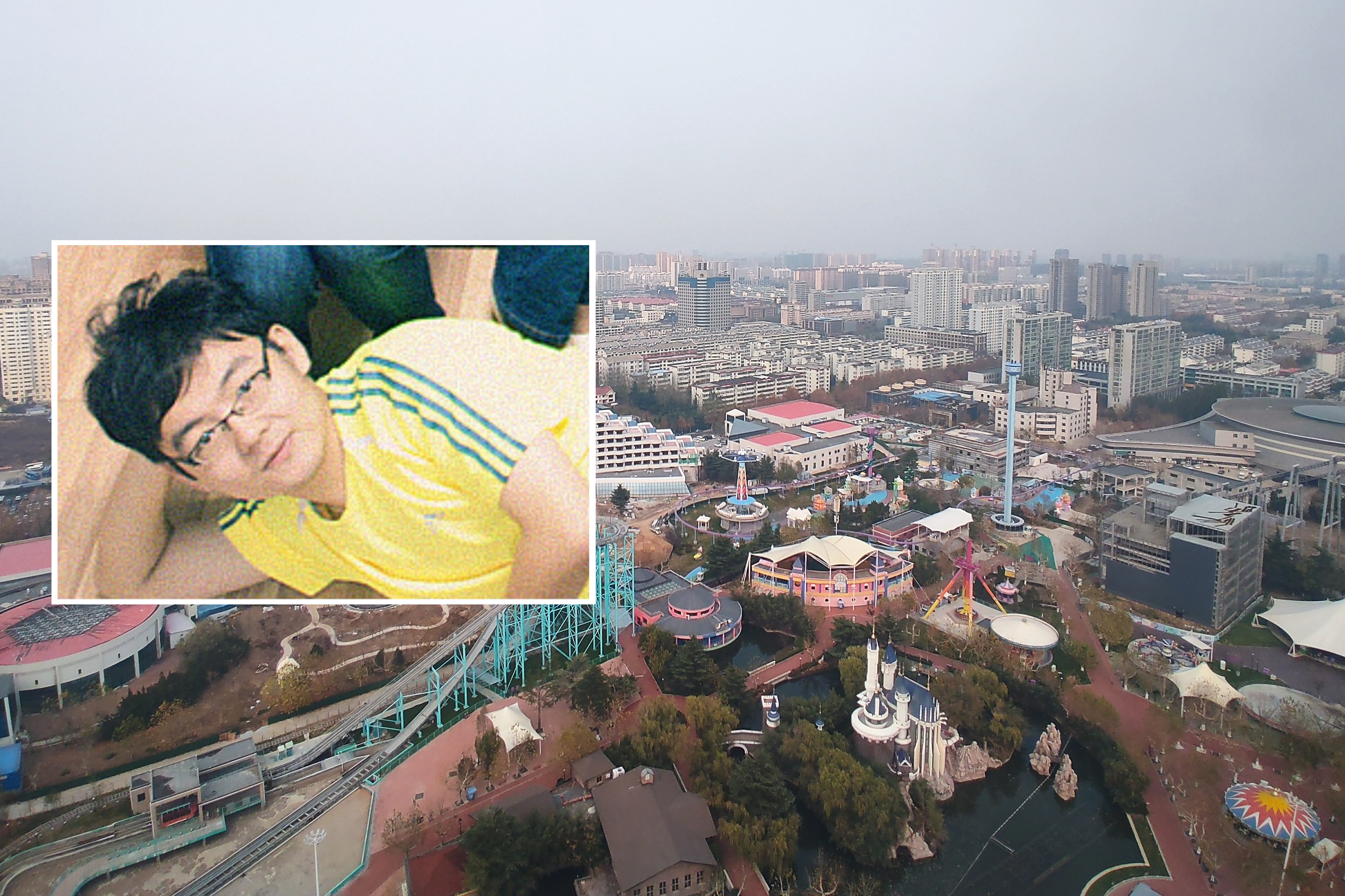Zhanyuan Yang was a passionate rising entrepreneur 12 years ago in college in Shandong, China. But four days ago, his life took a very different turn, as he drove a car into the Chinese consulate in San Francisco and was shot dead by police.
READ MORE: Man Who Allegedly Attacked China’s San Francisco Consulate Had Fake Guns, Book on Assassinations
Yang, who also went by Luis Yang or Luis Young, had very limited online records in the English-speaking world. But a simple search on the Chinese-language internet using his Chinese name revealed a number of details about Yang’s life.
Reporters from The Standard learned Yang’s Chinese name, 杨占圆, through diploma documents and Chinese-language postcards during a visit to his bedroom in an apartment in the city’s Inner Sunset on Thursday. Fake guns and a book about political assassination were also observed in the room, along with a wallet.
A diploma showed that Yang graduated from Xingtan College of Qufu Normal University(曲阜师范大学杏坛学院) in China in 2014 with a major in environmental sciences. The school is now renamed Qilu Institute of Technology(齐鲁理工学院).
A 2012 article about young entrepreneurship in a Shandong newspaper described Yang as a college student who had started a communications firm.
“Colleges are doing more to support and guide us to start a company,” Yang told the newspaper. “And our aspiring entrepreneurial dreams are very likely to be ignited.”
Yang had an account on Weibo, the Chinese social media giant, but it no longer exists. However, a 2011 post, which can be viewed on Weibo’s cell phone app, shows a photo of him working as the English-speaking broadcaster of his campus radio station.
Online Chinese records indicate that a person of a similar age and with the same name in Shandong Province had multiple patents, including a multi-functional bed for students and a curved-handle umbrella.
Inside Yang’s San Francisco bedroom, a big envelope, with files full inside, said Weifang on the cover, which is a city in the Shandong Province. Some online records indicate that Yang went to high school in that city.
It’s unclear what Yang’s U.S. immigration status had been in recent years. Normally, international students, who are on student visas, would obtain a work visa if they secure employment sponsorship after they graduate. Or they may matriculate elsewhere, in order to maintain their legal status. Yang’s roommate told The Standard that she believed Yang did not have a job.
Yang’s wallet contained a student ID from City College of San Francisco. The Standard reached out to the school but did not receive a response by publication time.
